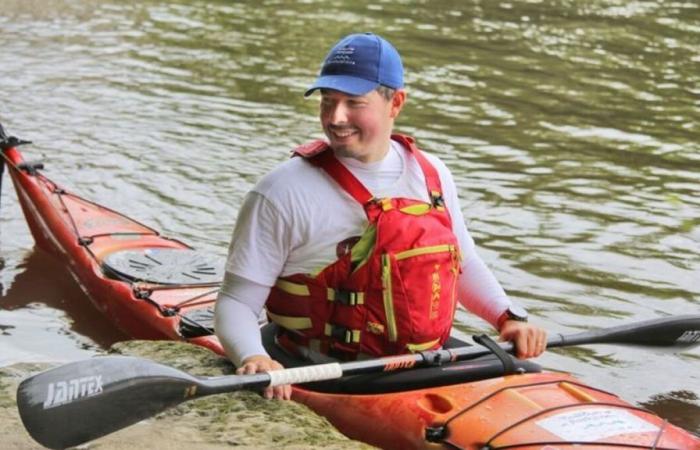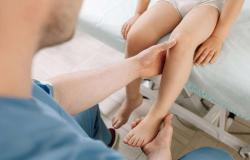
Guillaume Brachet, had already completed the journey up the Loire from Saint-Nazaire in 2022, using the strength of his arms, by canoe-kayak. This 35-year-old researcher from Tours, suffering from Parkinson’s disease, put his boat back in the water on Saturday June 16 for a six-day crossing – in the opposite direction – between Roanne and Paimboeuf with a passage through Orléans (Loiret). By taking the start – with 35 participants – of the Loire 725, a race founded after the health crisis by Alain Morvan, a kayaker from Bouchemaine (Maine-et-Loire), he has the feeling “of closing the loop”, says- he.
His first challenge was to raise funds to create a start-up to develop a drug: “Now, the company lives on its own funds with a more standard start-up operation. This race was my way of marking the end of this stage.” Its patent, filed a few months ago, will be made public and published in scientific databases next September. He has approached NS Park – a network of clinical trials dedicated to Parkinson’s – with the ambition of starting the first trials in 2025. If everything goes as he wishes, this drug, which attacks the cause of the disease to stop its progression, could be marketed by 2030. “We would have a cost and a formulation which would allow it to be distributed very widely,” maintains the thirty-year-old. “Today, the therapies on the market are – for the least expensive – injectables which require drastic storage conditions and fairly high production costs, while cell therapies require several hundred thousand euros per patient” .
Sport, your best medicine
Through this race, he sends a message of hope to the sick. Regular sports practice (canoeing, climbing, tennis, running, cycling) is, to date, the best medicine for slowing the progression of the syndrome. “It’s scientifically proven,” he says, referring to clinical studies, which show an increase in the functionality of affected cells of up to 20%. In this regard, he encourages all people affected by Parkinson’s disease to do sport without sparing their efforts: “We need maximum commitment of the body through intensive sessions, which engage the muscles and increase the cardio.”
This race is also an opportunity to meet the public and communicate about the disease: “This is why I am going to do this crossing in a less competitive way than other participants,” he insists. His arrival in Loiret is scheduled for Tuesday June 18 in Saint-Jean-de-la-Ruelle, 4 days before the end of the race, scheduled for Saturday June 22 in Paimboeuf (Loire-Atlantique).





